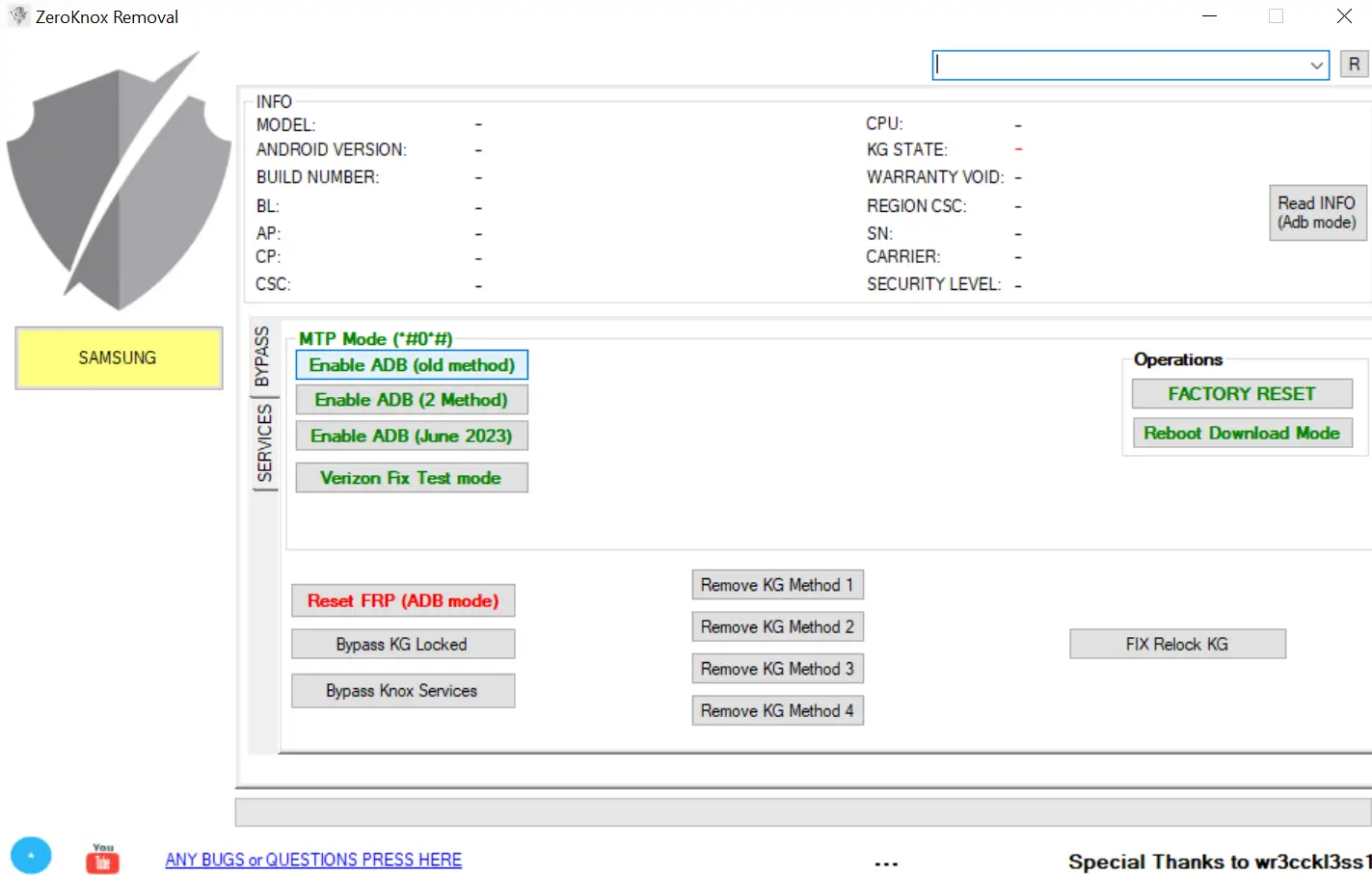Mastering Business Administration (MBA): The Ultimate Guide
In the realm of business education, few degrees carry the weight and prestige of a Master of Business Administration (MBA). Often hailed as the gold standard for business professionals seeking to advance their careers, an MBA equips individuals with a comprehensive understanding of various facets of business management, strategy, finance, marketing, and more. This ultimate guide aims to delve into the intricacies of mastering Business Administration through the lens of an MBA, exploring its significance, benefits, curriculum, career prospects, and the evolving landscape of business education.
Understanding the Significance of an MBA:
The MBA is not merely a degree; it is a transformative experience that molds individuals into adept business leaders equipped to navigate the complexities of the corporate world. Whether you’re an aspiring entrepreneur or aiming for executive positions in established organizations, an MBA provides the knowledge, skills, and network necessary to thrive in today’s competitive business environment.
The Benefits of Pursuing an MBA:
- Enhanced Skill Set: MBA programs offer a diverse curriculum covering essential business disciplines such as finance, marketing, operations, human resources, and strategy. This broad skill set empowers graduates to tackle multifaceted challenges with confidence and competence.
- Networking Opportunities: One of the most valuable aspects of an MBA is the opportunity to network with fellow students, alumni, faculty, and industry professionals. These connections often prove instrumental in accessing job opportunities, mentorship, and collaborative ventures throughout one’s career.
- Career Advancement: An MBA significantly enhances career prospects by opening doors to leadership positions and higher salaries. Employers value the strategic thinking, analytical prowess, and leadership acumen instilled by MBA programs, making graduates highly sought after in the job market.
- Entrepreneurial Skills: For aspiring entrepreneurs, an MBA provides invaluable insights into business planning, financial management, market analysis, and organizational behavior. Many successful entrepreneurs attribute their success to the foundational knowledge and entrepreneurial mindset fostered during their MBA studies.
- Global Perspective: In an increasingly interconnected world, businesses operate on a global scale. MBA programs often incorporate international experiences, case studies, and collaborative projects, enabling students to develop a nuanced understanding of global markets and cultural dynamics.
The MBA Curriculum:
While specific curriculum structures may vary across institutions, most MBA programs cover core subjects essential for understanding and managing various aspects of business operations. These typically include:
- Finance: Courses in finance delve into topics such as corporate finance, investment management, financial analysis, and risk management. Students learn to evaluate investment opportunities, optimize capital allocation, and make strategic financial decisions.
- Marketing: Marketing courses focus on consumer behavior, market research, branding, advertising, and digital marketing strategies. Students learn to develop comprehensive marketing plans tailored to target audiences and market trends.
- Operations Management: This discipline involves optimizing processes and systems to ensure efficient resource allocation and maximize productivity. Topics include supply chain management, project management, quality control, and operations strategy.
- Strategy: Strategic management courses explore frameworks for analyzing industry dynamics, formulating competitive strategies, and adapting to changing business environments. Students learn to assess market opportunities, anticipate threats, and develop sustainable growth strategies.
- Leadership and Organizational Behavior: Effective leadership is critical for driving organizational success. MBA programs emphasize leadership development, team dynamics, conflict resolution, and organizational culture to cultivate future business leaders.
- Electives and Specializations: Many MBA programs offer a range of electives and specializations allowing students to tailor their education to their specific interests and career goals. Popular specializations include entrepreneurship, healthcare management, consulting, and sustainable business practices.
Navigating the Evolving Landscape of Business Education:
The landscape of business education is continuously evolving in response to technological advancements, industry trends, and shifting market dynamics. To remain relevant and competitive, MBA programs must adapt by incorporating innovations in teaching methodologies, integrating experiential learning opportunities, and addressing emerging challenges such as sustainability, digital disruption, and global economic uncertainties.
Future Trends in MBA Education:
- Digital Transformation: As businesses embrace digital technologies to drive innovation and efficiency, MBA programs are placing greater emphasis on topics such as data analytics, artificial intelligence, and digital marketing to equip students with the skills needed to thrive in the digital age.
- Sustainability and Corporate Social Responsibility: With growing concerns about climate change and social inequality, MBA programs are incorporating sustainability principles and ethical decision-making frameworks into their curriculum. Graduates are expected to lead businesses that prioritize environmental stewardship and social responsibility.
- Flexible Learning Formats: The traditional full-time, on-campus MBA is no longer the only option for aspiring business leaders. Part-time, executive, and online MBA programs are gaining popularity, offering flexibility for working professionals to pursue advanced education while balancing career and personal commitments.
- Global Collaboration: MBA programs are fostering greater collaboration among students from diverse cultural and professional backgrounds, mirroring the globalized nature of modern business. International study trips, virtual team projects, and cross-cultural leadership experiences are becoming integral components of MBA education.
Mastering Business Administration through an MBA is a transformative journey that empowers individuals with the knowledge, skills, and network to excel in the dynamic world of business. Whether aspiring to lead multinational corporations, launch innovative startups, or drive social impact initiatives, an MBA provides the foundation for success in today’s competitive business landscape. By embracing lifelong learning, adaptability, and a global perspective, MBA graduates are poised to make meaningful contributions as visionary leaders shaping the future of business and society.



Agradeceria mucho la ayuda olvide mi clave de ingreso
muy buen programa .